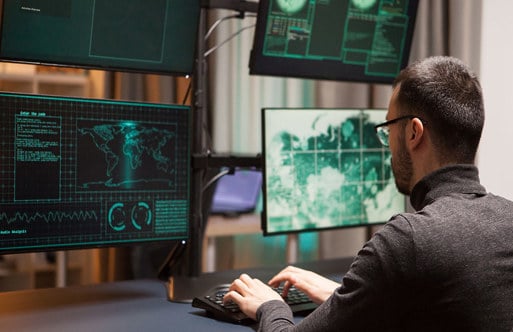Communities are like-minded people with similar interests and needs. This can be anything from having the same role or wanting to learn and share similar things. They give you the opportunity to meet new people, share different experiences and learn new things. They are important as they bring people who would have not normally met together.
They don’t always have to be formal. I have experience of those that form naturally; my example would be a motorcycle racing community, where like-minded people get together to share their knowledge, experience, support and sometimes even bike parts!
They don’t need people to manage this, it just happens, which is fantastic to be part of that. Some other communities need time to establish and grow with the hope of getting to that same point eventually.
What value do people get?
Everyone has something they can share, you don’t have to be an expert. So, it’s important to stress that if you are part of a community you can contribute as well! And this is where we start to get value, where different people share their experiences.
This can be through a range of different ways, it doesn’t always mean standing at the front and talking in front of a group of people. You can contribute by responding to a question, sharing a tweet, writing a blog, drawing a sketch-note or even generating discussion on your community channel/forum.
How did we approach it at DWP?
At DWP we established a need for a community to bring the business analysts across the department together. We used Emily Webber’s Community of Practice maturity model to help us get started. This included identifying why we needed a community, what problems would it solve, then identifying our mission, goals and what we wanted to achieve as a community within the first 12 months. To help do this we ran a number of sessions and also conducted a survey so people had the opportunity to input their own ideas, making it their community.
To provide focus and a reason for forming a community we created our mission and problem statement.
Mission statement:
To be a community, to help business analysts access the support they need, improve our skills and achieve better outcomes for users, DWP and ourselves.
Here you can find helpful guidance on helping teams to define their focus.
Why do we have a community?
The role of the business analyst (BA) in the Department of Work and Pensions (DWP) has been defined, but still isn’t fully understood. There are a lot of BAs across DWP. We don’t all know who our BA colleagues are, and it’s difficult to meet often and communicate well.
Because of this it’s not easy to develop our skills by learning from each other, so DWP doesn’t benefit from our shared skills and experience. The services we work on - especially Universal Credit - are high priority and affect the lives of millions of vulnerable people. We need to make sure the BAs working on them are highly-skilled, supported and approach their role in a consistent way.
Reflecting
The community has benefited lots of people from across the department and has brought people who would have normally been working in their team’ silo, from across different locations, together.
After nearly two years we still have room to grow, but the appetite of the community members is great. During a recent team canvas session the members set their next set of goals and what they want to achieve from being part of the community.
The bar has been set high and it has helped to give us a focus on certain areas over the next 12 months, to continue to bring value and to meet the needs of the community. As part of this session people also identified their strengths and what they could contribute by being a member.
Being part of this journey has been fantastic and I feel proud to have been part of building the community at the DWP. It’s been a lot of hard work and takes up a lot of time and commitment, but it’s definitely worth it.

















